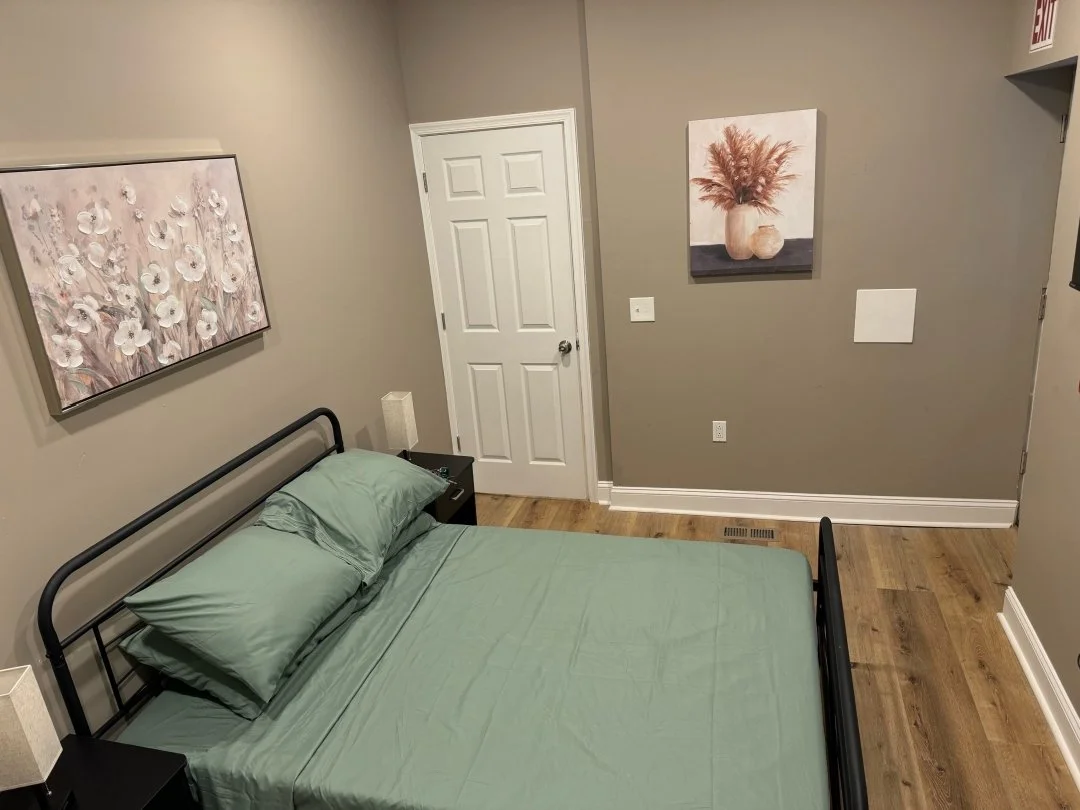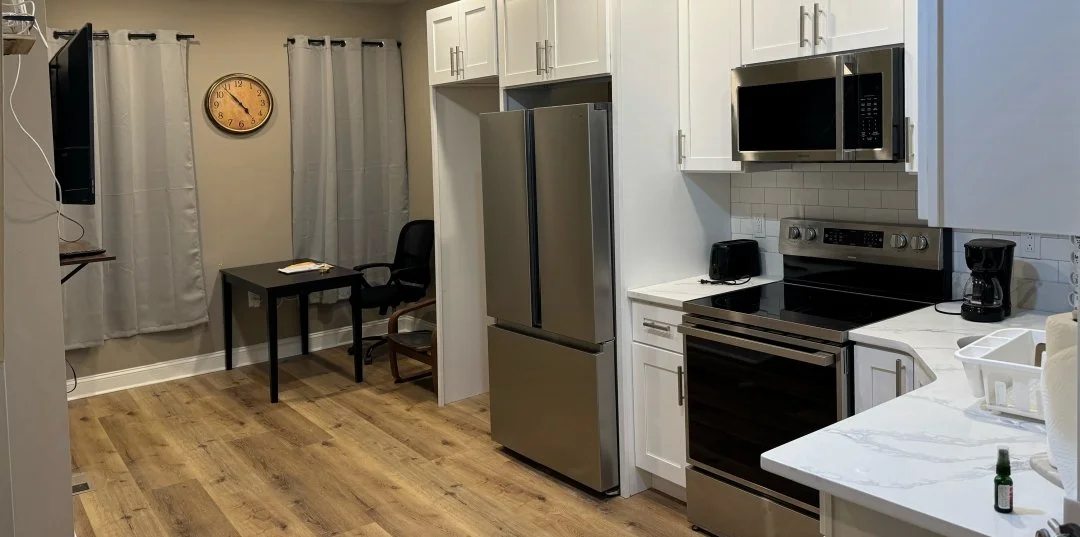Eligibility Requirements Include
- Completion of a detox or rehabilitation program: Many recovery houses require applicants to have completed detox and a rehabilitation program, demonstrating a commitment to sobriety. Some might consider applicants actively engaged in intensive outpatient programs as alternative proof.
- Commitment to a sober lifestyle: Applicants must show a willingness and readiness to embrace sober living requirements, including avoiding risky people/places, engaging with support resources, and focusing on recovery.
- Ability to pay program costs: Residents are generally responsible for covering monthly rent and other housing fees, as outlined in contractual agreements.
- Level of self-sufficiency: Prospective residents should exhibit the ability to manage self-care and household responsibilities without needing significant additional assistance.
- Demonstration of a strong recovery support network: Highlighting existing support systems like a sponsor, family member, or sober friends can strengthen an application.
- Transparency and honesty: Openly discussing addiction background, including usage history, treatment attempts, and relapse patterns, is crucial for securing appropriate support services.
Participation in the recovery journey: Demonstrating initiative through activities like attending 12-step programs or support groups can enhance an applicant’s candidacy.
- Completion of a detox or rehabilitation program: Many recovery houses require applicants to have completed detox and a rehabilitation program, demonstrating a commitment to sobriety. Some might consider applicants actively engaged in intensive outpatient programs as alternative proof.
- Commitment to a sober lifestyle: Applicants must show a willingness and readiness to embrace sober living requirements, including avoiding risky people/places, engaging with support resources, and focusing on recovery.
- Ability to pay program costs: Residents are generally responsible for covering monthly rent and other housing fees, as outlined in contractual agreements.
- Level of self-sufficiency: Prospective residents should exhibit the ability to manage self-care and household responsibilities without needing significant additional assistance.
- Demonstration of a strong recovery support network: Highlighting existing support systems like a sponsor, family member, or sober friends can strengthen an application.
- Transparency and honesty: Openly discussing addiction background, including usage history, treatment attempts, and relapse patterns, is crucial for securing appropriate support services.
Participation in the recovery journey: Demonstrating initiative through activities like attending 12-step programs or support groups can enhance an applicant’s candidacy.






